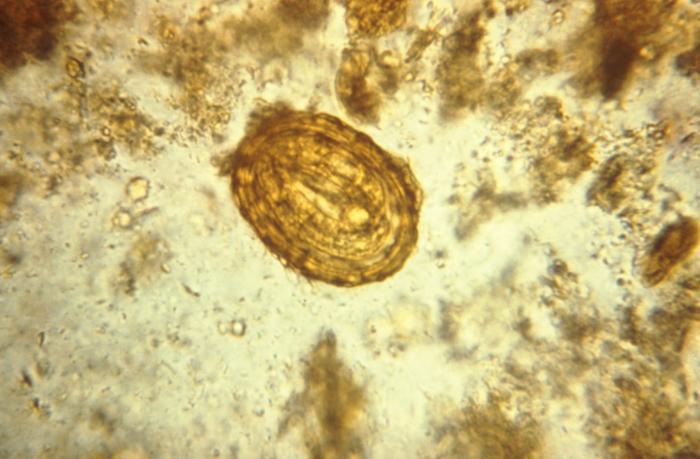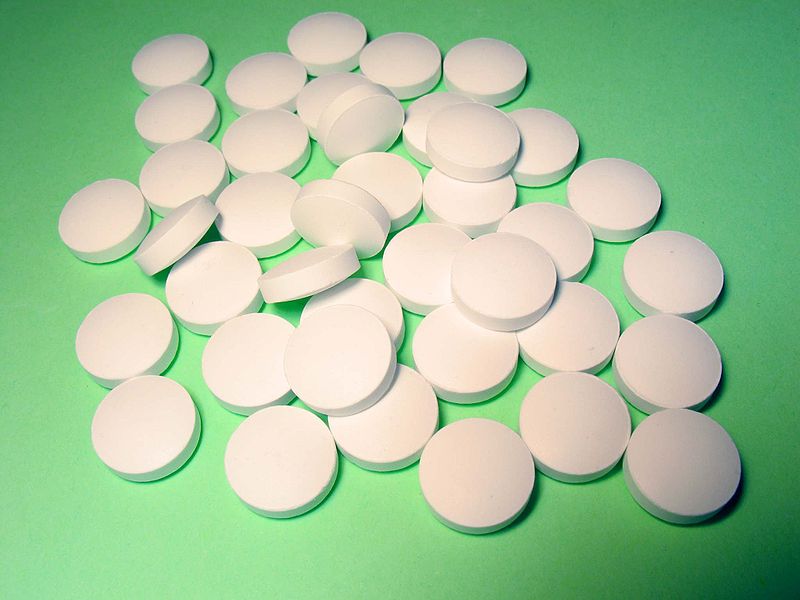Carbamazepine
Chemically related to tricyclic antidepressant drug Imipramine.
Mechanism of action
Similar effects as phenytoin. Blocks Na channels and prevents spread of impulses in brain.
Also has an active metabolite called 10,11 epoxy carbamazepine, which also contributes to effects.
Pharmacokinetics
- When given orally, absorption is delayed.
- Peak plasma concentration occurs after about 4-8 hours.
- After absorption drug distributes in all body compartments well.
- Concentration in CSF is equal to plasma
- Protein binding is in range of 75%
- About 3% of drug is excreted unchanged in urine. Rest is metabolized by liver and excreted as active metabolite or conjugated with glucuronic acid.
- Half life is 10-20 hours.
Uses
- Treatment of all types of epilepsy except Petit mal.
- Drug of choice in treatment of neuralgias (preferred over phenytoin as having low therapeutic index) especially trigeminal.
- Treatment of bipolar depression, also called manic depressive illness.
Adverse effects
CNS effects:
- Drowsiness
- Vertigo
- Blood dyscrasias –more common than phenytoin
Other effects:
- Leucopoenia, thrombocytopenia
- Aplastic anemias
- As enzyme inducer drug, induction occurs
- Osteomyelitis/rickets
- Megaloblastic anemia
Additional effects:
- On prolonged administration, salt and water retention
- Depress AV conduction
- May also in high doses damage kidneys, liver causing hepatotoxicity
When given frequently, blood is examined for liver and kidney tests.
Drug interactions
As enzyme inducer, affects other anti-epileptics and other drugs metabolized in liver.
Dose
Between 600-1200 mg/day in divided doses. Start with low dose of 200 mg/day.
Effective plasma concentration is between 6-12µg/ml.
Oxcarbamazepine
Derivative of carbamazepine and is a prodrug. It is converted into active metabolite, which is less potent. Main advantage is that toxicity is less than carbamazepine especially in blood.
Disorders like leukopoenia, thrombocytopenia are less and there is less enzyme inducing property, because of which there are less drug interactions.
Continue Reading
Phenobarbitone, Methobarbitone, Primidone and Succinamides
Benzodiazepines as Antiepileptics
Acetazolamide, Sulthiame and Newer Antiepileptics
 howMed Know Yourself
howMed Know Yourself




